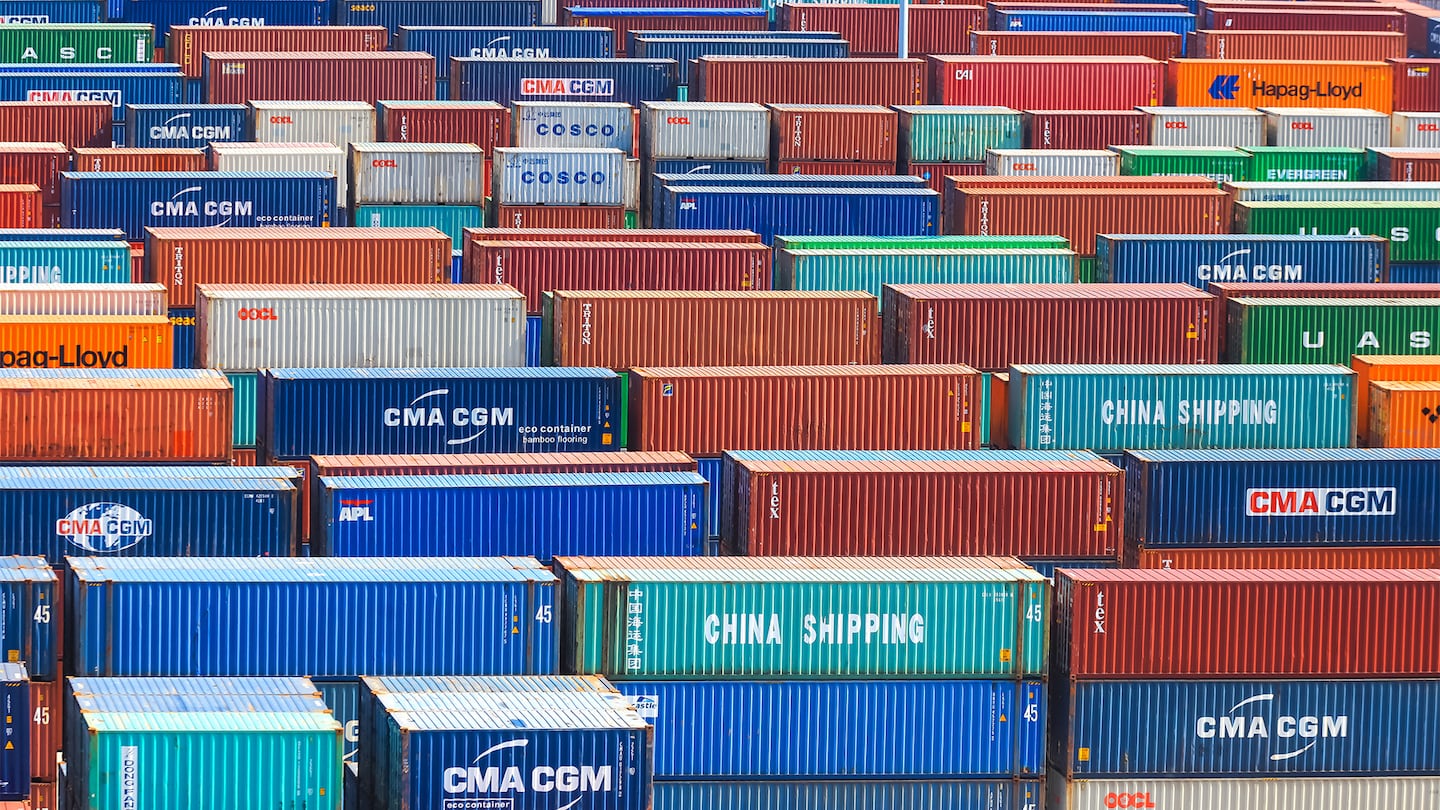
The Business of Fashion
Agenda-setting intelligence, analysis and advice for the global fashion community.

Agenda-setting intelligence, analysis and advice for the global fashion community.

The US customs agency responsible for enforcing the country’s tough ban on goods that could be linked to forced labour in China is turning to AI to help do its job.
The Customs and Border Protection agency has signed a multi-year contract with Altana, a tech-driven supply-chain mapping company, to help it understand how goods move through the global economy and prioritise action, Altana said Thursday.
The contract is worth $2.85 million in its first year and nearly $10 million over three years, according to Axios, which first reported the news.
The contract builds on an existing relationship between CBP and Altana, which raised $100 million last year. Under the new partnership, CBP agents across the country will have access to Altana’s Atlas, which applies AI to public and private data sources to build a picture of how goods are moving through the global economy.
ADVERTISEMENT
The move comes as fashion feels the heat from the US crackdown on imports linked to China’s Xinjiang region, with companies including Nike and Adidas facing questions from congress about their supply chains and more $34 million-worth of fashion and footwear stopped at the border in the last 12 months, according to CBP data.
Editor’s Note: This story was updated on July 20 to amend figures that had been reported incorrectly by Axios.
Learn more:
Why Fashion Is Becoming a Major Flashpoint in US-China Tensions
US lawmakers have ratcheted up pressure on some of the industry’s biggest names as the relationship between Beijing and Washington continues to deteriorate.
Overconsumption and fast fashion have become easy targets for brands flexing their climate-friendly attributes. Consumers may agree with the message — but take issue with a self-righteous tone.
Traces of cotton from Xinjiang were found in nearly a fifth of samples from American and global retailers, highlighting the challenges of complying with a US law aimed at blocking imports that could be linked to forced labour in China.
The fashion industry continues to advance voluntary and unlikely solutions to its plastic problem. Only higher prices will flip the script, writes Kenneth P. Pucker.
The outerwear company is set to start selling wetsuits made in part by harvesting materials from old ones.